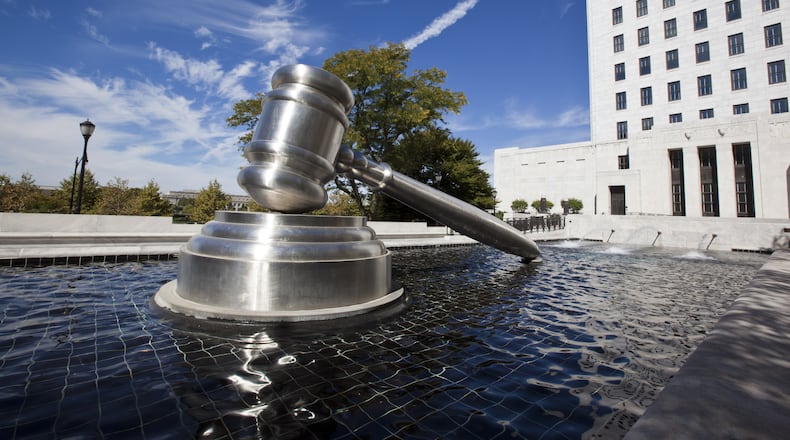On Sept. 14, 2022, a Hamilton County judge temporarily blocked Ohio’s ban on almost all abortions in the state. What started as a 14-day restraining order and then a preliminary injunction has since been appealed before the Ohio Supreme Court, which now has arguments from the state and attorneys representing abortion providers before it to consider.
The state recently filed its reply to the ACLU of Ohio, which is representing providers like Preterm Cleveland and Planned Parenthood. In the state’s reply, it says the First District Court of Appeals made two wrong decisions after the state made its first appeal on the preliminary injunction.
“The First District erred twice over. First, it wrongly held that Ohio lacked any right to appeal the trial court’s order enjoining the Heartbeat Act. Then, because the First District believed it lacked appellate jurisdiction, it failed to vacate an injunction that the plaintiffs lacked standing to seek. This Court should correct both errors: it should hold that the State had a right to appeal the preliminary-injunction order, and it should vacate that order on the ground that the plaintiffs lacked standing to seek it,” said Benjamin M. Flowers, solicitor general, in the state’s reply brief.
The state makes the argument it had the right to the appeal the trial court’s preliminary injunction, even though the case had not yet been finished, saying “the injunction bars the State from enforcing a law passed to regulate an irreversible medical procedure.” The state argues this gives it grounds for an “interlocutory appeal,” which is when a ruling by a trial court is appealed while other aspects of the case are still proceeding.
The state also argues that abortion providers do not have standing to bring these lawsuits before the courts, saying patients can file lawsuits under pseudonyms to protect privacy concerns.
It is unclear when the court’s decision may come. If the court schedules for oral arguments in the case, it will hear them within two to four months after this recent brief filing, according to the court clerk’s office. No oral arguments have been scheduled yet.
Depending on the outcome of the court’s rulings, the Heartbeat Law could come back into effect if the court rules that providers don’t have the standing to bring forth these lawsuits.
About the Author

